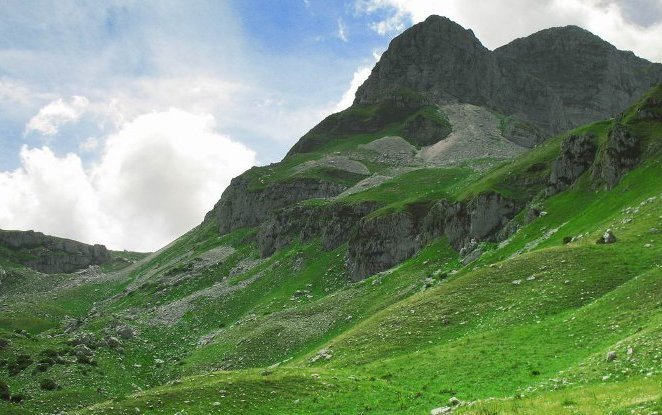The Italian Ministry for the Environment, Land Protection and Sea published the 2nd Report on the State of Natural Capital
The Italian Ministry for the Environment, Land Protection and Sea published the second Report on the State of Natural Capital, a document with the objective of improving the knowledge of the state of conservation and the evaluation of the Natural Capital. The report is conceived as a basis for designing new national policies for the sustainable development, in line with the 17 Sustainable Development Goals (SDGs) of the UN 2030 Agenda.
The Report is the result of the work done by the Committee for Natural Capital, chaired by the Ministry of the Environment, and composed of ten ministers, the Conference of the Regions, several Public Research Institutes, the National Association of Municipalities and experts in the field appointed by the Ministry of the Environment.
Compared to the first edition, the second Report deals specifically with the factors that could endanger the conservation of the Natural Capital, both at national and regional level; it also defines a methodological path and gives a monetary value to the flow of Ecosystem Services for which the Natural Capital is responsible.
Greater attention is also given on how climate change can alter the ability of ecosystems to continue guaranteeing Ecosystem Services, with a specific focus on drought, ecosystem fragmentation, Marine Protected Areas, water purification, economic assessments on habitat quality and soil degradation.
With regard to soils, Catia Bastioli, CEO of NOVAMONT and member of the Committee for Natural Capital appointed by the Ministry of the Environment, contributed to the Report through the drafting of the chapter "The role of organic soil carbon: food safety and mitigation of gas emissions greenhouse". The section highlights the role that organic waste, transformed into compost and consequently used on agricultural land, has in preserving the organic substance present in the soil, curbing biological degradation and reducing emissions of greenhouse gases.

